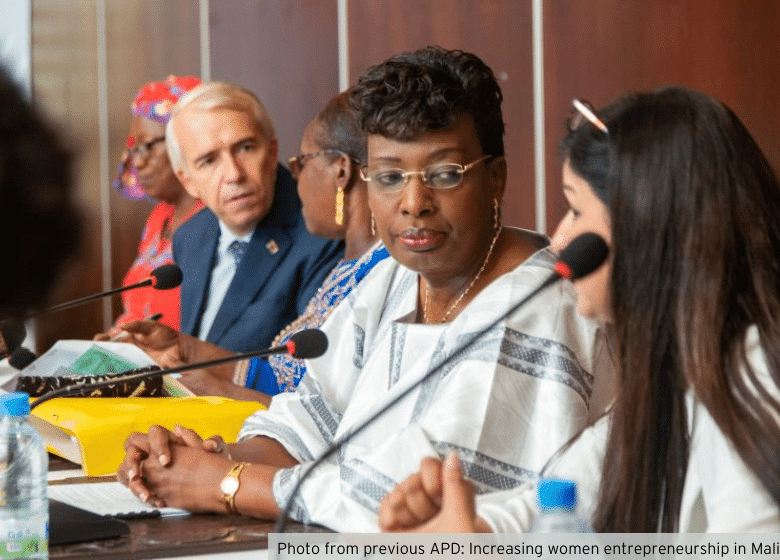About the policy dialogue
The APD is hosted by the Economic Policy Research Centre and will run for 33 months. This APD aims at supporting the development of effective regulations and policies to foster the coordination and implementation of work-based learning (WBL) programs. In Uganda, legislation, national labour laws and regulations that governs labour market institutions are in place. These include the 1995 Constitution and the Employment Act of 2006 which recognises workers’ rights, The Labour Unions Act of 2006, The Minimum Wages Advisory Boards and Wages Councils Act Cap. 164 of 1964 and the 2013 Uganda National Tripartite Chapter on Labour Relations (NTCLR). However, enforcement, harmonisation across these legislations and regular reviews remain a challenge. Consequently, the government had not adequately protected the constitutionally guaranteed rights to collective bargaining, and it is difficult to establish how the labour unions have supported or hindered the representation of marginalised groups. In addition, the active labour market policies (ALMP) such as the WBL lack institutional coordination, monitoring, evaluation or learning framework to guide planning and programming to generate more and better inclusive employment opportunities. It is also not clear how active labour market policies beingdrafted will be coordinated and financed. This APD will therefore provide evidence on drivers behind laxity in commitment to implement the existing legislation, roles of stakeholders and mechanisms for
strengthening relationships that foster the inclusivity of marginalised groups. This is expected to enhance employability, productivity and innovations that target women, youth and other marginalized groups.
The key outputs are:
- Identify and map active labour market policies and key actors involved in fostering inclusive vocational education and training and WBL.
- Generate evidence to guide government and other actors about best practices in designing and implementing inclusive WBL policies and programs for innovative employment opportunities.
- Government and employee representative organisations have sufficient knowledge of the collective bargaining agreements (CBA) in the NTCLR, their roles and power relations in fostering CBAs.
- Provide adequate access to evidence to the key actors for designing inclusive national WBL policy and programmes for youth and women.
- Increased information sharing and engagements to design appropriate WBL programmes for youth and women.
- Supports social partners with evidence to strengthen the implementation of the NTCL relations to promote inclusivity of marginalised groups in decent work.
- Research evidence informing government planning and programming on ALMPs for more and better inclusive employment opportunities.
